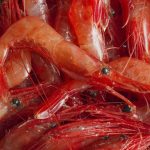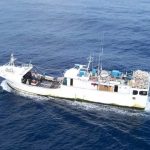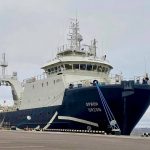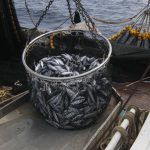National Institute of Water and Atmospheric Research’s chief fisheries scientist John McKoy said that the information used to set commercial catch limits needed improvement. He was speaking at forum on the science behind fisheries management in New Zealand. He added that nobody knows all information about most of the fish stocks so they guess.
Based on such information the Fisheries Minister’s annual decisions on commercial catch limits were ambiguous, informal and vulnerable to outside pressure. Dr McKoy also said that there’s an opportunity to use better organised and better thought-through decision processes. The current process is highly susceptible to influence from vested interests.
He explained that out of the 96 stocks in the quota management system, research targeted the most valuable species as those were what interested fishing companies who paid for the research. Dr McKoy said a process to reallocate the limited amount of money for fisheries research to less valuable species would provide at least some information to make “better” decisions.
Dr McKoy told that the Government needed to put more independent money into the pot. Fisheries Ministry chief scientist Rich Ford said the resources for fisheries science were limited, even more so in a recession, and the result was a tradeoff between making informed decisions and what could be afforded.








